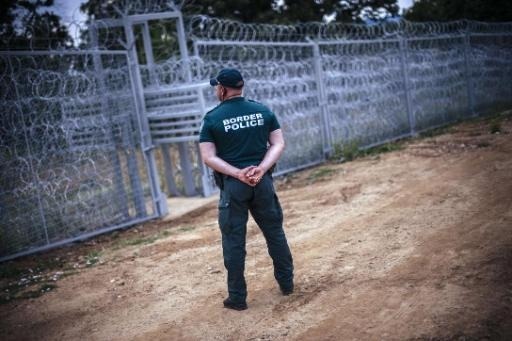Bulgaria intends to extend a barbed wire fence built on the Turkish border in 2014, in a bid to further prevent illegal migration, the government announced on Tuesday. "At first glance, the fence is not a very positive symbol, but it aims to improve the security of both Bulgaria and Turkey," said Deputy Prime Minister Meglena Kuneva, adding that the existing 30km-long fence will be extended by a further 131km.
The fence, completed in July "resulted in 7 times fewer attempted illegal border crossings," she said after a meeting to coordinate measures to address the influx of refugees. At over 3 metres tall, the fence is made of several layers of barbed wire and runs along the less visible section of the 274km-long border with Turkey.
During the last months of 2013, Bulgaria, the poorest country in the European Union, was overwhelmed by the arrival of some 11,000 refugees, mostly fleeing civil war in Syria. Manning the border with over 1,500 police and building the fence enabled the country to stem somewhat the influx of refugees while it organised official reception centres. Despite this, according to the government, between January and the end of November 2014, 9,583 asylum seekers, mainly from Syria, Afghanistan and Iraq, managed to gain entry to Bulgaria.
On Monday, the government dismissed the head of the refugee agency, accused of not working towards the integration of refugees.
On Tuesday, the Bulgaria spokesperson for the UN High Commission for Refugees (UNHCR) criticised the Bulgarian government's fence-extension plan, claiming that the fence forced refugees "to use even more dangerous methods to gain access", in particular, hazardous sea crossings. "The European Union should keep its borders open to refugees and better support countries affected by high numbers of refugees," he added.
(Source: Belga)

